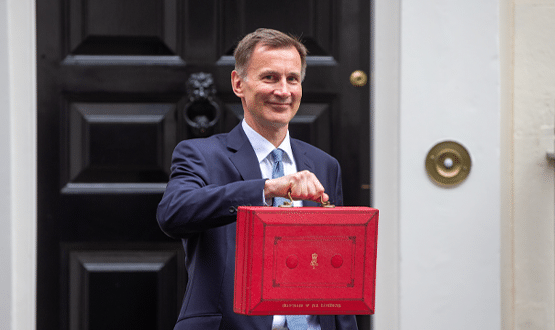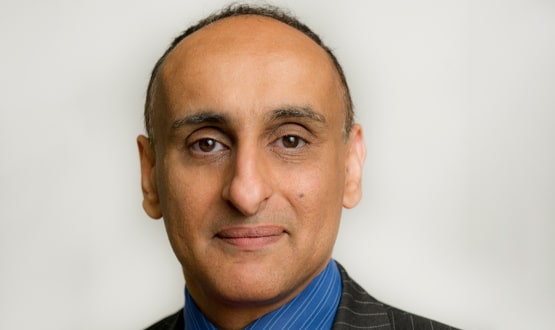Hunt pushes on intelligent transparency
- 2 September 2015
A quarter of England’s smartphone users will be accessing their medical records electronically by 2018, health secretary Jeremy Hunt has said.
Speaking at the NHS Expo in Manchester today, Hunt said one of NHS England’s targets is to improve the usage of digital services in an era when 84% of the population has used the internet and 54% owns a smartphone, but only 2% has interacted digitally with the NHS.
Within the next three years, he added, a quarter of smartphone users will be electronically accessing their record, booking appointments online, and using a “huge suite of health apps that now exist to access our own medical information.”
Hunt also reiterated a pledge by NHS England’s director of patient and information Tim Kelsey that, by 2018, all patients will have read and write access to their full medical record, so they can contribute to their own records.
He said that evidence from around the world shows that when patients start accessing their medical record they start to think about healthcare in a different way.
“With shared access to the medical record, it becomes a shared endeavour and shared responsibility. So the world’s most powerful patients become the world’s healthiest patients as well,” he explained.
Hunt also expanded on the idea of ‘intelligent transparency’ that he introduced in speeches in June and July, while calling for a shake-up of NHS hours and ways of working.
He said the first stage of this would involve publishing and sharing data, while the second would focus on making sure that the NHS learns from it.
The third and final stage would be taking all that information and putting it into the hands of patients. “That’s the most exciting part of all,” he said.
Hunt announced that, in March, England will become the first country in the world to publish quality and performance data for different patient groups across every clinical commissioning group.
The King’s Fund is currently conducting work to rate every CCG’s quality of care for older people, long-term conditions, adults, children and mental health patients. This will be published on an annual basis.
For each category of patient, CCGs will be rated as either green for ‘among the best’, blue for ‘as expected’, or red for ‘among the worst’.
“The purpose is to understand where the best mental health care in the country is and where we have problems,” Hunt explained.
“[Then we can] make sure we do the necessary learning to reduce variations in the quality of care that we all know are far too high across the NHS.”
Hunt said that for his vision to be achieved, patients must have confidence in the ability of the NHS to protect their data, saying: “We will throw this all away if we lose the public’s trust in our ability to look after their personal data securely.
“The truth is we have not won the public’s trust in our NHS to do this. If we are going to win that trust we need to strengthen the independent oversight of data security within the NHS to a level that we don’t have at the moment.”
He said the role of national data guardian held by Dame Fiona Caldicott will be put on a statutory footing in order to give a powerful voice to patients when it comes to protecting personal medical data.
The Care Quality Commission will also be tasked to do a “thorough and independent investigation of the effectiveness of data security when it comes to protecting personal medical data throughout the NHS.”
Hunt said Dame Fiona will contribute a new set of protocols against which NHS organisations will be held to account for protection of medical data, by next January. These will be implemented by the CQC from next April.
She will also provide the exact wording of the consent and opt-out model for the controversial care.data programme; the controversial project to expand the Hospital Episode Statistics and link them to GP and other datasets that stalled after a botched leaflet drop by NHS England 18 months ago.
“I hope this will be the next step in regaining public confidence and trust,” Hunt said.




